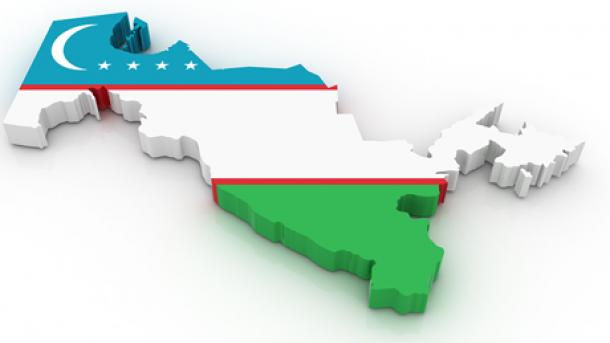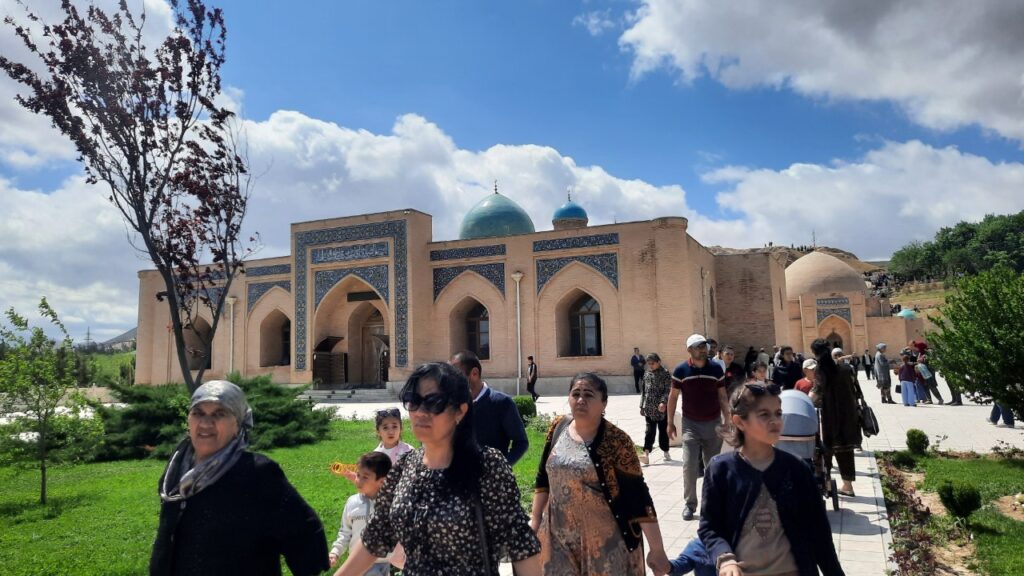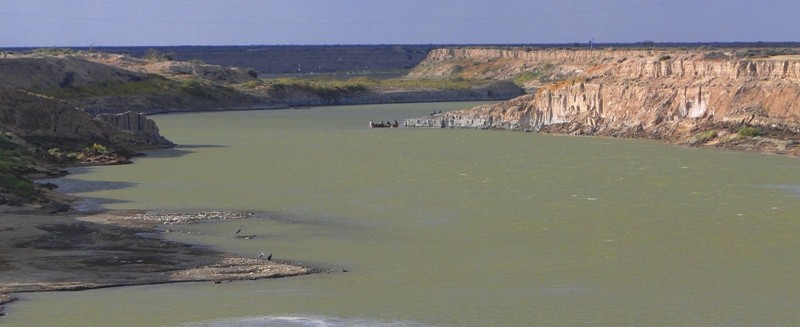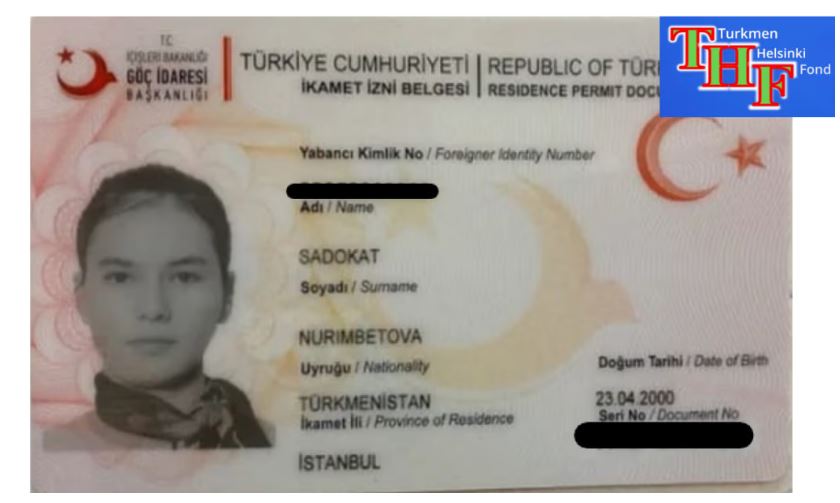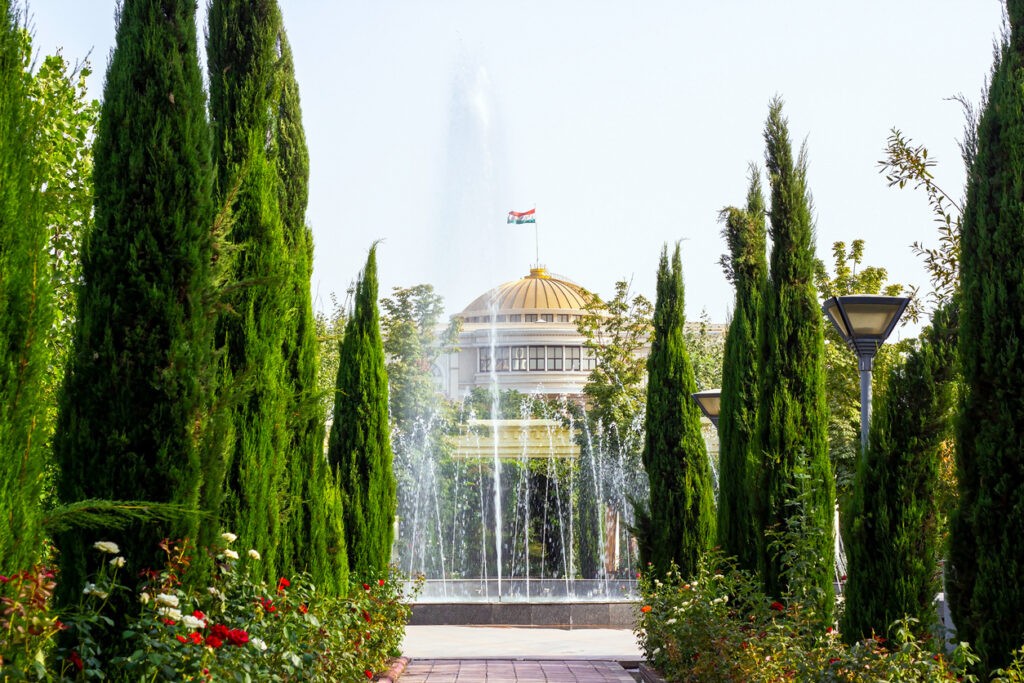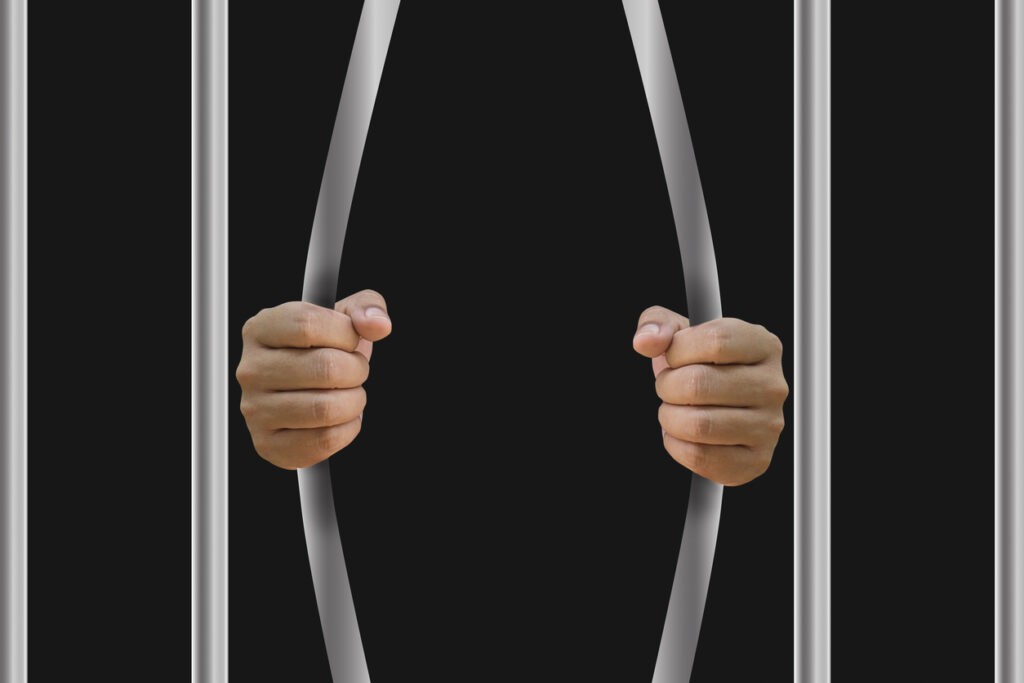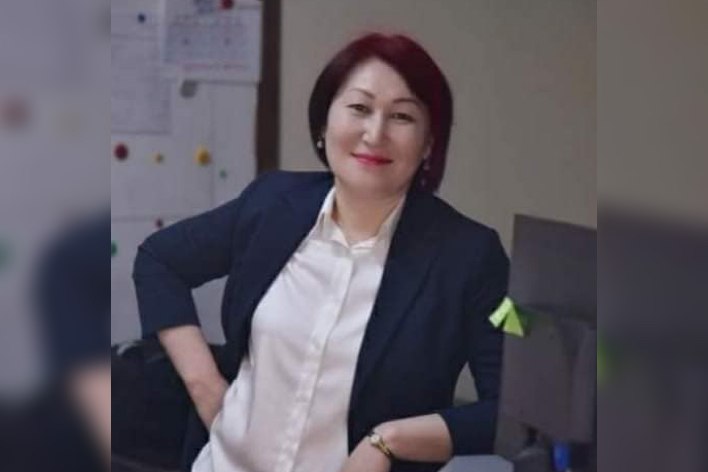TASHKENT (TCA) — Austria, the chief of the rotating European Union presidency, says the “overall human rights situation” in Uzbekistan has shown improvement in the last two years, RFE/RL reported.
“We see a release of most detainees who have been on the EU list of prisoners of concern. I am aware of one person who is left on that list, and it would be definitely very helpful if these lists were [no longer] needed and if all persons released were fully rehabilitated,” Austrian Foreign Minister Karin Kneissl said on November 22.
She made the comments at a press conference with Uzbek Foreign Minister Abdulaziz Kamilov after an EU-Uzbekistan Cooperation Council meeting in Brussels.
The Cooperation Council reviewed the positive development of bilateral relations, including cooperation in support of Uzbekistan’s reforms, the rule of law, trade, investment and energy relations, as well as regional and international issues. The Cooperation Council also discussed questions of good governance and strengthening civil society, as well as measures to improve the business climate.
The EU welcomed Uzbekistan’s commitment to apply for WTO and GSP+ membership (the EU General System of Preferences that unilaterally grants duty-free access for most goods). Uzbekistan has made considerable efforts to ensure that both child and forced labour remain concerns of the past, the EU said.
Kneissl said the European Union “will do [its] utmost” to support “the very ambitious reform program” the Uzbek government has launched.
“It was confirmed to us in all the details that it is ambitious and we wish the government all success in order to implement it in an effective way,” Kneissl said.
“What we have been observing…shows that things are on the right track,” she added.
Kamilov said Uzbekistan is “going through a very responsible, transitional, and critical point.”
Kamilov said the country has a “great amount of work ahead” but it also has a “clear strategy.”
“And, as [Uzbek] President [Shavkat Mirziyoev] has said, we have made our choice and there is no turning back,” Kamilov said.
Mirziyoev, who came to power in 2016, has sought to open up Central Asia’s most-populous country and move away from oppressive policies of his late predecessor Islam Karimov.
